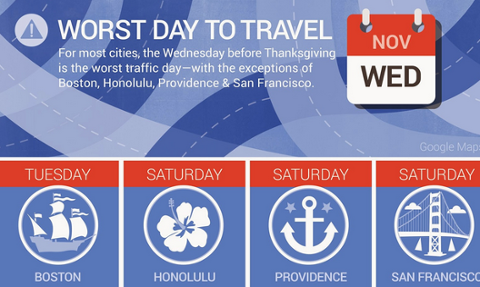Google Offers New Tool for Data on Four-Year Colleges
Google is adjusting its search algorithms to surface more information about four-year colleges. This new search feature will offer up information about admissions, average cost, graduation rates, and other important factors. “You can also dig into data around graduation rates as well as typical annual income 10 years after enrollment, designed to help you better understand the potential outcomes of attending that school,” read Google’s official blog posting on the matter. Google sourced its college data from the U.S. Department of Education’s College Scorecard and Integrated Postsecondary Education Data System (IPEDS). “We also worked with education researchers and nonprofit organizations, high school counselors, and admissions professionals to build an experience to meet your college search needs,” the blog posting added, “and we will continue to focus on how we can better improve access to information about educational opportunities.” Google isn’t the only game in town when it comes to college-related data. The U.S. Department of Education operates the College Scorecard, which allows users to compare schools and programs. The development teams behind College Scorecard leveraged the federal government’s data from over 7,000 colleges and universities, and integrated that data into the site’s API. There’s information on average annual cost, graduation rate, graduates’ average salary, SAT scores, and so on. Of course, every tech pro knows that a college degree isn’t essential for every possible tech position. A few years ago, The New York Times reported that nearly half of the tech pros working in New York City didn’t have a bachelor’s degree, for example. But even those professionals without degrees need a high degree of specialized knowledge, especially if they want to break into a “hot” category such as machine learning. Whatever educational choices you make, remember that employers generally want to see what you can do. As you progress with your learning, don’t forget to build (and maintain) your own projects, join groups of technologists interested in similar things, and generally do your best to engage with the industry. A degree is wonderful, but so is a robust Github presence and a solid network of contacts.


